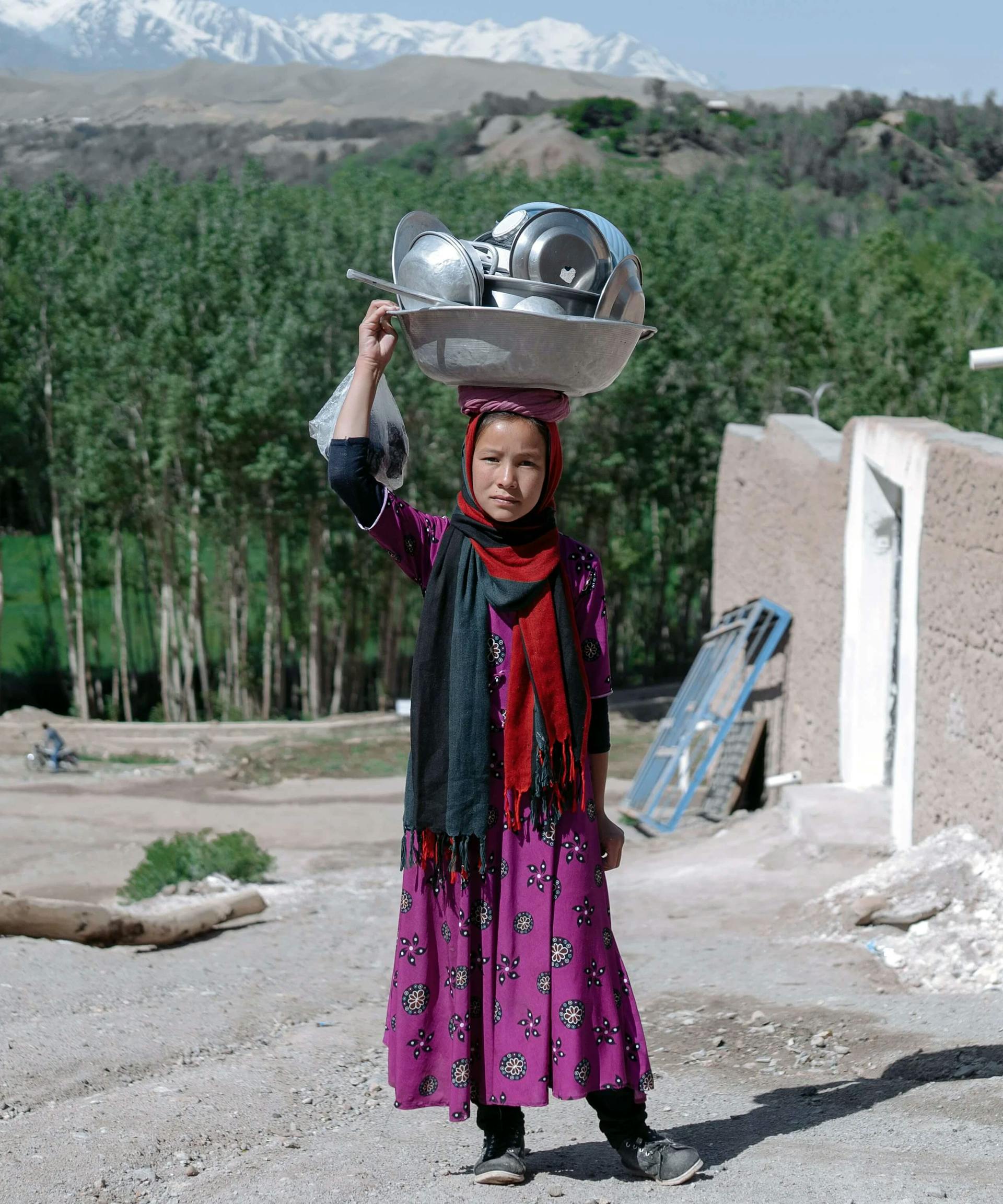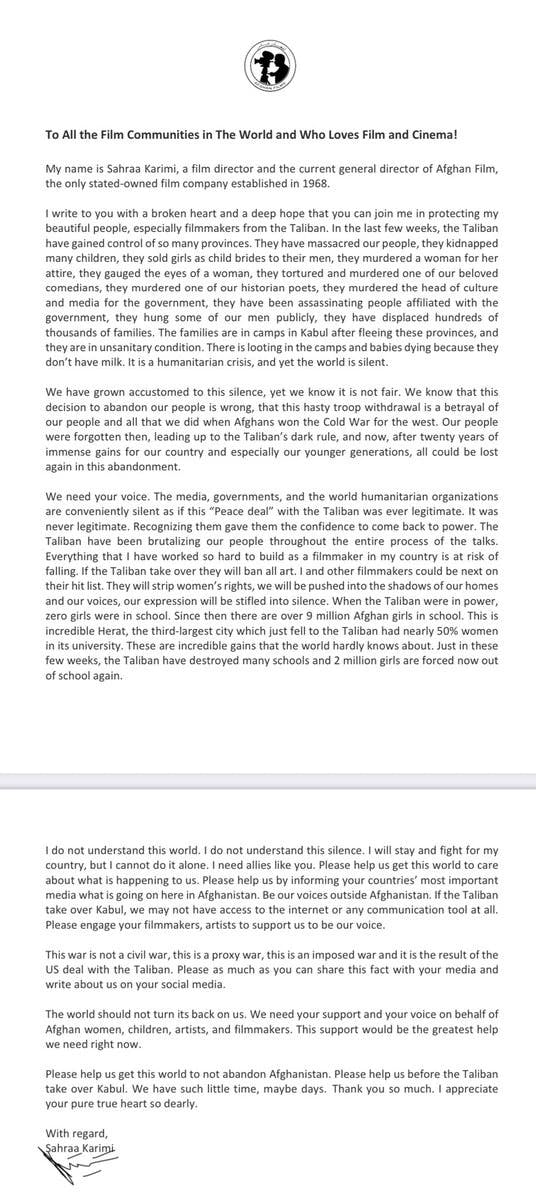What The Fall Of Afghanistan Means For Girls And Women In The Middle East
Last Friday, Joe Biden announced the withdrawal of American troops from Afghanistan. By Sunday, the Taliban had taken over. After 20 years of American lives sacrificed, and money and time spent working to install democracy in the country, we lost.

There are many reasons for this, but regardless of who or what is to blame, girls and women in Afghanistan are now facing extreme terrorist persecution once again.
How It Started
Before the Taliban rose to power, women in Afghanistan earned the right to vote in the 1920s. Equality and openness were known by the 1960s. According to the U.S. Department of State, “In 1977, women comprised over 15% of Afghanistan’s highest legislative body.”
The Cold War brought Afghanistan into international relations between Russia and the U.S. The Carter administration armed the Afghan resistance against the Russian-funded government, and the country flourished for a time. By the ‘90s, women made up 70% of teachers, 50% of university students and government workers, and 40% of doctors in the country’s capital, Kabul.
By the ‘90s, women made up 50% of university students and 40% of doctors in Kabul.
After funneling millions of dollars into their efforts, once the Soviet Union fell, U.S. officials cut off funding and support. In 1992, the Afghan government fell, leaving newly formed groups like the Taliban to take advantage of the civil war and capture provinces. By 1996, the Taliban had killed the president and taken control of Kabul.
The Taliban and Women
Since their formation, the Taliban have violently assaulted, raped, and/or murdered countless women and girls. Females over the age of 8 were banned from attending school in 1998. Women were banned from working. They were also only allowed to be seen by a doctor fully clothed, and their medical care suffered.
Homes were to be closed up and windows painted to prevent women from being seen. They were only allowed outside with a male family member and were ordered to be covered from head to toe. All music, movies, and other arts were not allowed.
Females over the age of 8 were banned from attending school by the Taliban in 1998.
The Afghanistan War
This continued until 2001. Then, on September 11, Americans watched in horror as two planes flew into the Twin Towers of the World Trade Center, one struck the Pentagon, and another (meant for the White House) crashed in a field in Pennsylvania.
The U.S. declared war and deployed troops to topple the Taliban. By 2002, a new phase of the war was introduced, one to rebuild Afghanistan. This lasted until 2008, when protecting the population became the primary goal.
The war supposedly lasted from 2001-2014, but the American presence has remained until now. It lasted through four Presidents and ended in disaster as the United States learns the harsh reality that our strategies have not reached success.
What’s Next?
Regardless of whether Americans agree or disagree with how the situation was handled, numerous girls and women who had been protected for the past 20 years became vulnerable overnight. They have been forced off the streets and made to hide in their homes.
Girls and women who had been protected for the past 20 years became vulnerable overnight.
CNN reporter Clarissa Ward donned a Burka and displayed the swift changes that took place, reporting with footage that shows the Taliban in control and not an Afghan woman in sight.
Afghans trying to flee Kabul were blocked off from the airport. Girls above 15 and widows under the age of 45 are being listed as potential forced brides. New rules are being implemented which resemble accounts from young author Malala Yousafazi, who was shot in the face by the Taliban and survived to fight for the educational rights of women and girls.
But one of the most heart-wrenching accounts of these new developments is the open letter that Afghan filmmaker Sahraa Karimi released over the weekend.

Closing Thoughts
Kabul fell Sunday, and with it, so many hopes and dreams were ripped away from girls and women overnight. Their terror was created by a long list of political moves involving different officials from various areas, and our involvement is undeniable. But no matter where the blame lies, we cannot forget these mothers or their children. They have lost their rights so quickly and so carelessly that their pain should be ours.
Love Evie? Let us know what you love and what else you want to see from us in the official Evie reader survey.